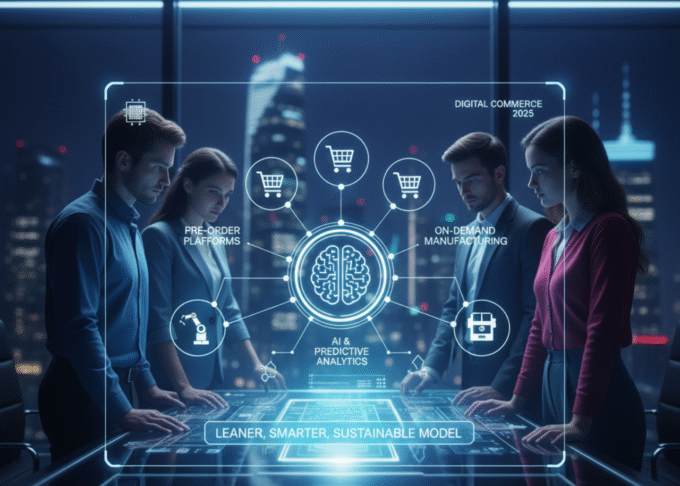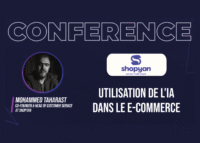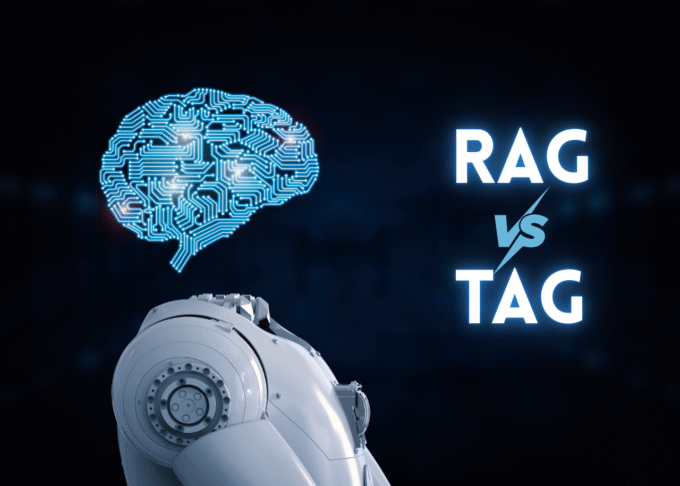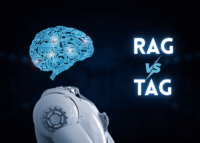Introduction:
Underscores the transformative potential of artificial intelligence in personalizing customer experiences. “AI, is not just about automation; it’s about understanding customer behavior at a granular level and delivering tailored experiences that drive engagement and conversions.”
The Challenge of Mass Personalization:
Traditional marketing methods often struggle to deliver personalized experiences at scale. AI addresses this challenge by analyzing vast amounts of data to identify patterns and preferences, enabling highly targeted campaigns.
Key AI Applications in Marketing:
- Predictive Analytics: Forecasting customer behavior and identifying potential churn.
- Dynamic Content Personalization: Delivering tailored website content and product recommendations.
- Chatbot Marketing: Engaging with customers through AI-powered chatbots.
- Programmatic Advertising: Automating ad buying and targeting based on real-time data.
- Sentiment Analysis: Monitoring social media and customer feedback to understand brand perception.
Case Studies and Insights:
“StyleSense,” an online fashion retailer, implemented an AI-driven recommendation engine that analyzed customer browsing and purchase history. This resulted in a 30% increase in average order value and a significant improvement in customer satisfaction scores.
Building an Effective AI Marketing Strategy:
To maximize the impact of AI in marketing, businesses must:
- Focus on Data Quality: Ensuring that data is accurate, complete, and relevant.
- Prioritize Ethical Considerations: Implementing AI responsibly and transparently.
- Integrate AI with Existing Marketing Tools: Seamlessly integrating AI with CRM and marketing automation platforms.
The Future of AI in Marketing:
The future of AI in marketing will be driven by the development of more sophisticated natural language processing (NLP) and computer vision technologies, enabling more personalized and engaging customer experiences.















